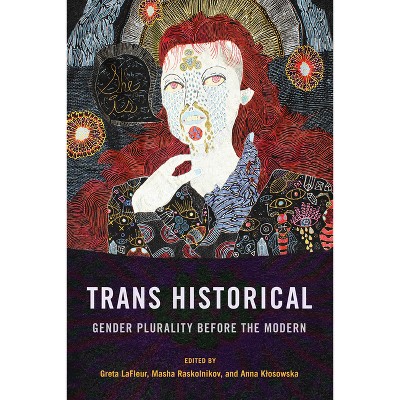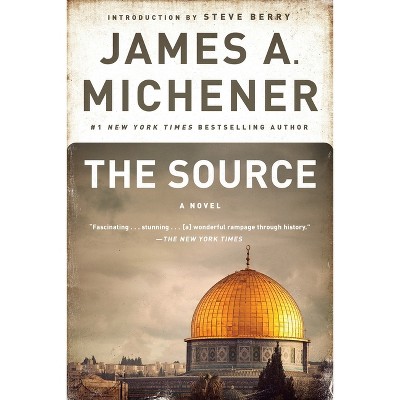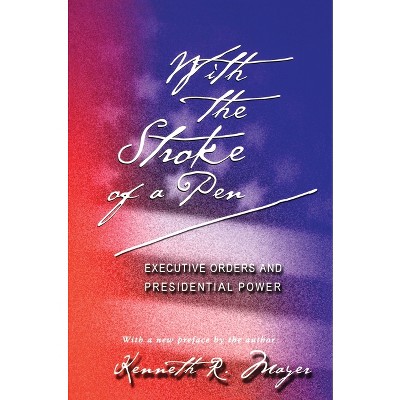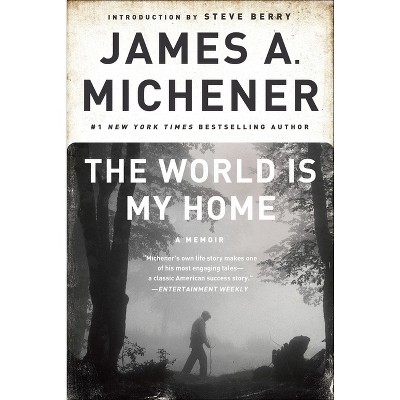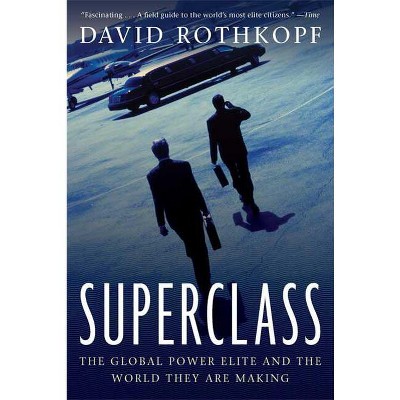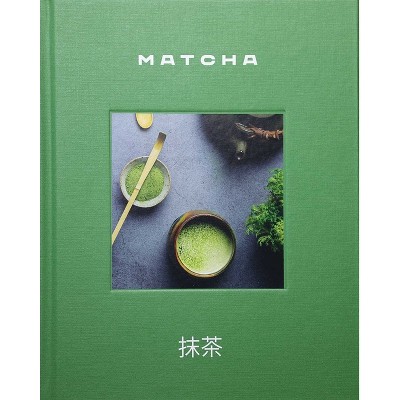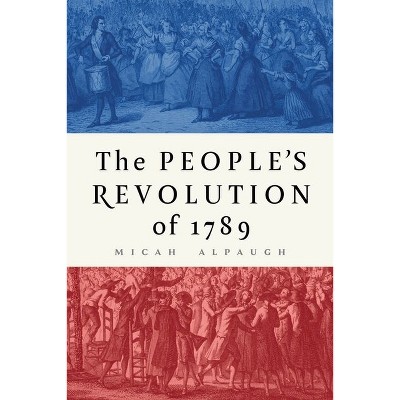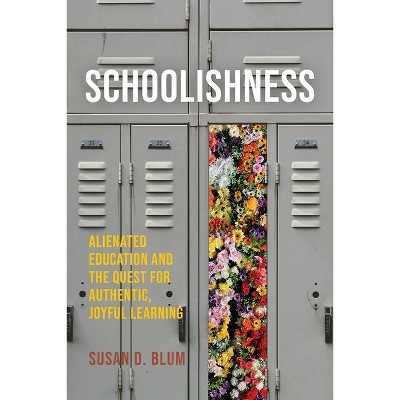Sponsored

Tea - by James R Fichter (Hardcover)
In Stock
Sponsored
About this item
Highlights
- In Tea, James R. Fichter reveals that despite the so-called Boston Tea Party in 1773, two large shipments of tea from the East India Company survived and were ultimately drunk in North America.
- About the Author: James R. Fichter is Associate Professor of European and American Studies at the University of Hong Kong.
- 402 Pages
- History, United States
Description
About the Book
"This book considers the politics of tea consumption and tea protest between the Boston Tea Party and American independence. While scholars have read protests like the Boston Tea Party as statements of popular dislike for tea, Fichter argues that tea remained popular despite Patriots' discouraging its consumption and its temporary ban"--Book Synopsis
In Tea, James R. Fichter reveals that despite the so-called Boston Tea Party in 1773, two large shipments of tea from the East India Company survived and were ultimately drunk in North America. Their survival shaped the politics of the years ahead, impeded efforts to reimburse the company for the tea lost in Boston Harbor, and hinted at the enduring potency of consumerism in revolutionary politics.
Tea protests were widespread in 1774, but so were tea advertisements and tea sales, Fichter argues. The protests were noisy and sometimes misleading performances, not clear signs that tea consumption was unpopular. Revolutionaries vilified tea in their propaganda and prohibited the importation and consumption of tea and British goods. Yet merchant ledgers reveal these goods were still widely sold and consumed in 1775. Colonists supported Patriots more than they abided by non-consumption. When Congress ended its prohibition against tea in 1776, it reasoned that the ban was too widely violated to enforce. War was a more effective means than boycott for resisting Parliament, after all, and as rebel arms advanced, Patriots seized tea and other goods Britons left behind. By 1776, protesters sought tea and, objecting to its high price, redistributed rather than destroyed it. Yet as Fichter demonstrates in Tea, by then the commodity was not a symbol of the British state, but of American consumerism.
Review Quotes
Tea is painstakingly researched and compellingly argued.
-- "New England Quarterly"Written cogently and with a sense of humor, Fichter's book contributes to what has become in the last fifty years a relatively understudied area: the early revolution as seen from close to the ground.
-- "American Historical Review"About the Author
James R. Fichter is Associate Professor of European and American Studies at the University of Hong Kong. He is the author of So Great a Proffit.
Shipping details
Return details
Frequently bought together

Discover more options
